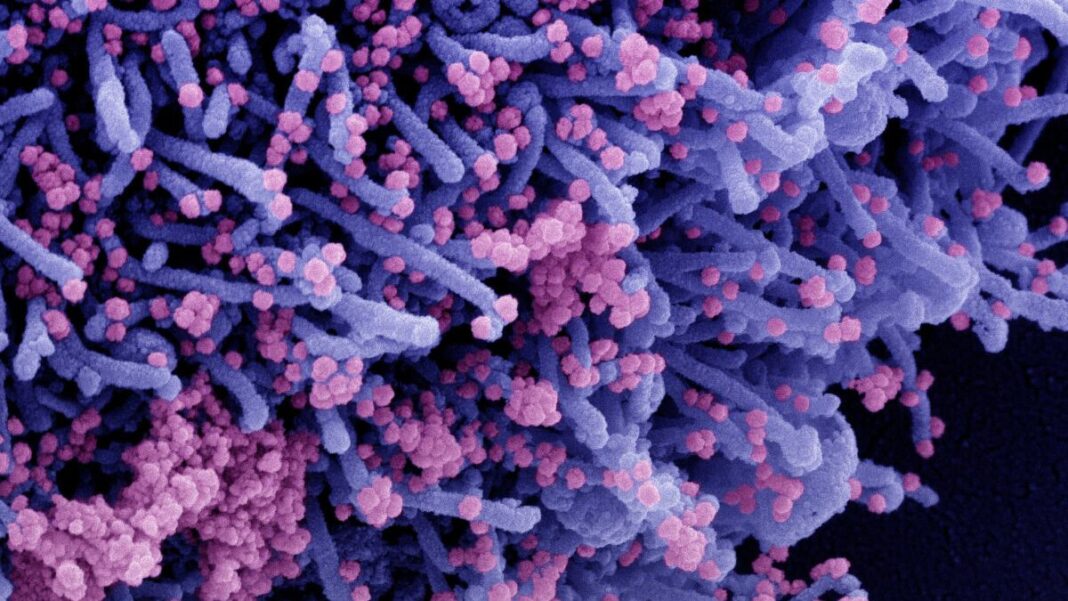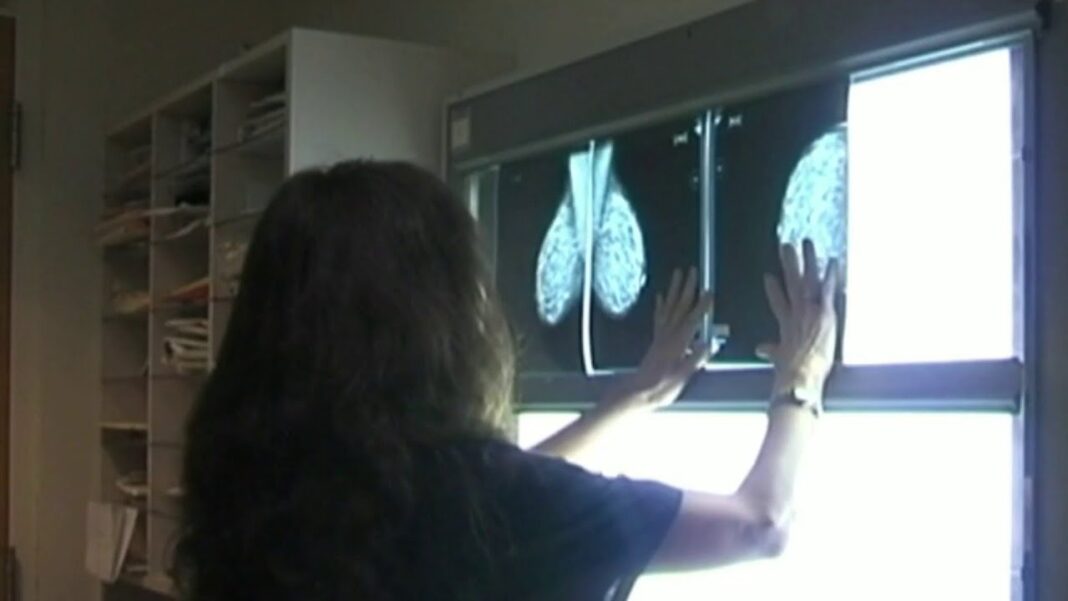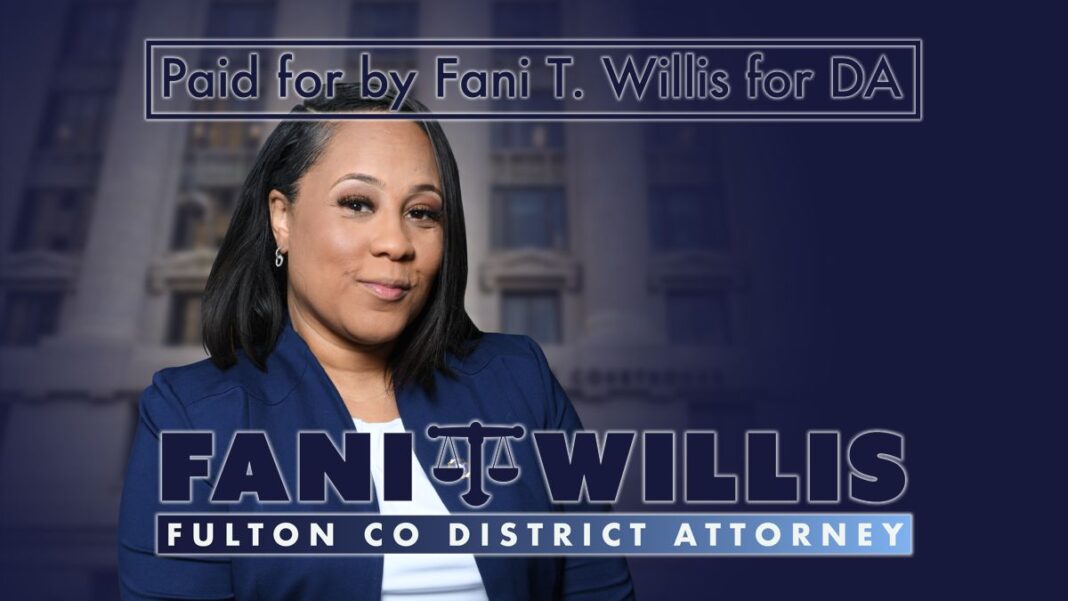Family members of people who died from COVID-19 have sued a New York-based nonprofit organization that collaborated with and helped fund the Chinese laboratory that was exploring how to make coronaviruses more transmissible and infectious.
The suit names EcoHealth Alliance and Peter Daszak, its president, as defendants, alleging they researched, funded, and created the COVID-19 virus and released it intentionally or accidentally.
Jenny Golden and other U.S. residents brought the lawsuit in New York over the deaths of their loved ones, which they say could have been prevented.
The defendants engaged in conduct that presented foreseeable risks of harm to others, including “deliberately engaging in the creation and genetic modification of dangerous coronaviruses, including SARS-CoV-2, for the purpose of enhancing their virulence, transmissibility and lethality for human beings, knowing that as modified the coronaviruses would be even more harmful to humans and capable of causing a pandemic,” the suit states.
EcoHealth funneled U.S. taxpayer funds to the Wuhan Institute of Virology (WIV), located in the same Chinese city where the first COVID-19 cases appeared in 2019.
Some of the research increased one or more characteristics of coronaviruses.
Multiple U.S. intelligence agencies believe COVID-19 originated from the Wuhan laboratory.
A U.S. inspector general concluded that the U.S. National Institutes of Health, which gave the money to EcoHealth, failed to adequately monitor the research that the money funded while EcoHealth failed to make sure the Wuhan lab complied with U.S. requirements.
“This occurred because EcoHealth’s policies and procedures did not ensure that the required data elements were included on each subaward,” the Department of Health and Human Services inspector general said. In one instance of failure, EcoHealth didn’t submit a progress report for a year of research until August 2021, nearly two years after it was required.
Defendants had a responsibility to make sure research at the lab “was carried out reasonably” and to “refrain from actions which created an unreasonable risk of physical harm to others,” the suit alleges. That includes protecting the public from the risks of exposure to coronaviruses.







